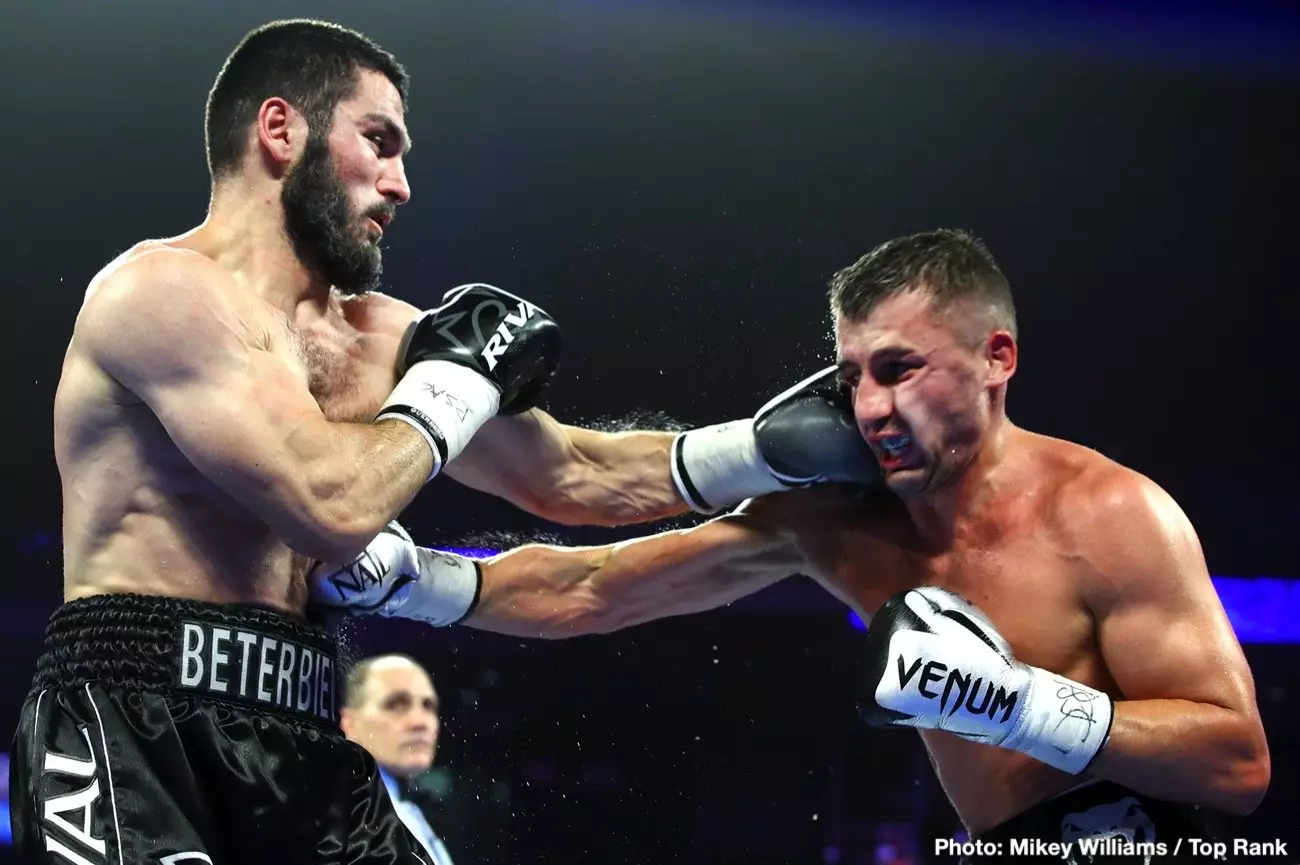The recent exchange between undisputed light heavyweight champion Artur Beterbiev and social media sensation Jake Paul has stirred considerable attention within the boxing community. Beterbiev, boasting an impressive record of 21 wins with 20 knockouts, has openly initiated a dialogue with Paul, seeking clarity regarding an earlier fight offer. However, the arena of professional boxing has witnessed many such spectacles that seem more oriented toward entertainment than competitive integrity, and this could be yet another example.
Jake Paul, known more for his YouTube prominence than his pugilistic prowess, appears to have strategically selected his opponents. His track record reflects a penchant for facing older or less skilled fighters, which raises questions about his willingness to compete against high-caliber talent like Beterbiev. Paul’s defensive response to Beterbiev’s challenge—a mix of amusement and dismissal—hints that he either does not take the challenge seriously or is deliberately evading what would likely be a thoroughly one-sided affair.
Beterbiev’s appeal to challenge Paul signifies not just a desire for a noteworthy bout but perhaps an acknowledgement of Paul’s lucrative draw in the boxing landscape. Paul has developed a substantial fanbase that allows him to generate significant revenue through pay-per-view events, something Beterbiev seems eager to tap into for a financial windfall. The juxtaposition of Chris Beterbiev and Jake Paul presents a fascinating clash of intents: one is a serious competitor striving for recognition in the real world of boxing, while the other thrives in a realm where spectacle often outweighs substance.
Complicating matters further is the weight dimension; Beterbiev’s challenge targets the light heavyweight class, a division that Paul has yet to contend within. After his recent bout against the aging Mike Tyson, Paul has shown that he prefers fighting closer to the cruiserweight range, where he can leverage both his weight and size advantages. This disconnection may well prove to be a barrier that stifles any serious negotiations regarding a matchup against Beterbiev.
Moreover, the notion of a professional boxer, particularly an elite one like Beterbiev, seeking to earn a payday from a fight with Paul underscores an essential debate about the authenticity of competitive sports. Fans of boxing cherish the sport for its storied tradition of skill, dedication, and legitimate competition. Yet with figures like Paul at the forefront, it feels increasingly as though the sport is straying into an era more focused on entertainment value than the principles of genuine sportsmanship.
As Beterbiev seeks a response from Jake Paul regarding his fight offer, what is evident is the juxtaposition between genuine athletic competition and the phenomenon of celebrity boxing. While Beterbiev aims to cement his legacy, Paul continues to navigate the loopholes of fame and fortune without embracing the full weight of challenge that comes from fighting top-tier opponents. As the world of boxing evolves, it must grapple with these tensions between authenticity and spectacle, leaving fans to ponder what champions really mean in this ever-changing arena.

